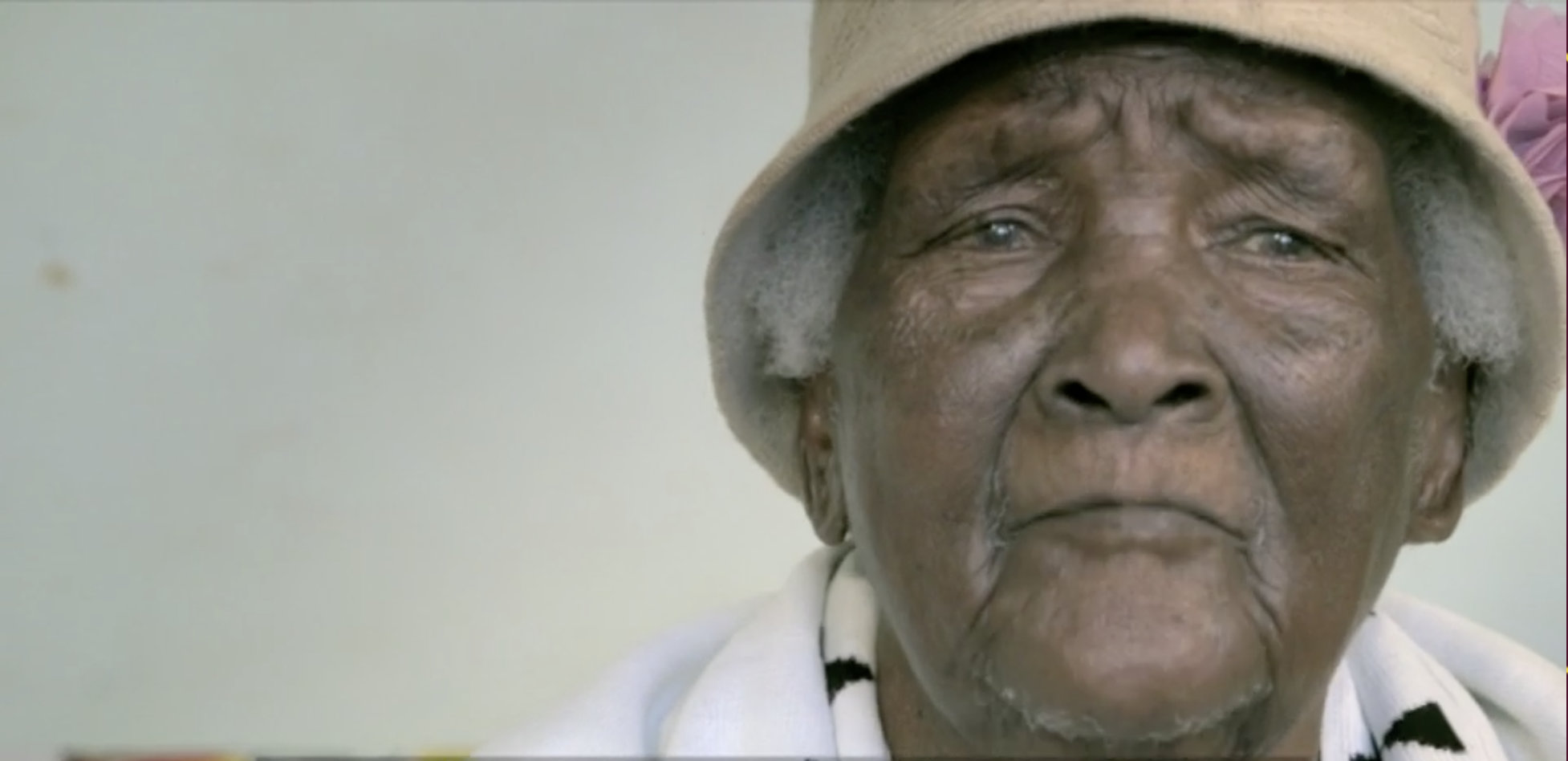I was born to be a writer. To see the world in pure silence, to feel its rhythms and its impulses and to figure out how to express that on paper. On most days, when I am being successful as a writer, I stand in the shadows and watch people as they go about their lives – see them laugh and cry and court each other.
I am usually struck with bouts of curiosity in an expressive, non-judgemental kind of way. I see a politician go to a Harrambee and I am filled with questions. How does it feel to withdraw Kshs. 10 million from the bank? US $100,000. And give it away in a weekend?
I see a girl of 26 get herself into a complex relationship with another politician. When the going is good, she preens to her friends and family that her life is golden. “Mama, he will buy me a house in Lavington,” she says. “Mama, our problems are over.”
And then she is killed. Brutally. Senselessly.
And we must not properly analyse that death because it will lead us to “victim shaming” and we shall be castigated on social media for it. We must not look at how she was gaming “the system”.
On the days that I am successful as a writer, I am fascinated by the ways that stories are formulated so that they are simple. It can’t be that both seemingly contrasting stories to be true. One must be a victim and therefore entirely innocent and the other must be a perpetrator and therefore guilty.
I suppose it is that stories are supposed to make us feel something and its harder to make us laugh at the absurdity of a situation and cry at its tragedy all at the same time.
Good writers, I think, are those who can facilitate complex emotions – cause us to laugh through our tears or laugh through our anger. They weave words and punctuation, employ similies and organise their anecdotes such that, well, we feel. Something. Many things.
When I grow up, I want to be one.




